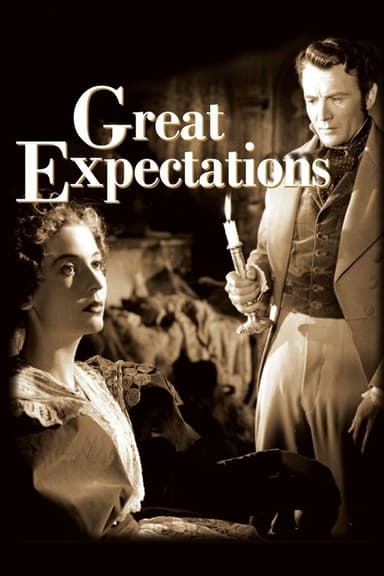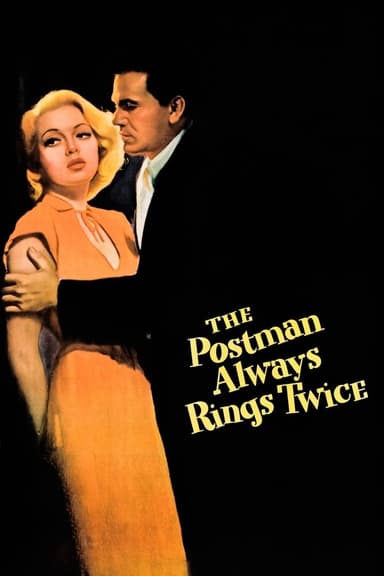
Kings Row
1942 • Drama, Mystery, Romance • NR
Five young adults in a small American town face the revelations of secrets that threaten to ruin their hopes and dreams.
Runtime: 2h 7m
Why you should read the novel
If you found the film adaptation of Kings Row engaging, the original novel by Henry Bellamann offers an even richer and more immersive experience. The book delves much deeper into the inner lives of its characters, capturing the nuanced social dynamics, secrets, and scandals of the small town setting. Through its unfiltered and detailed narrative, the novel allows you to truly understand the complexities and motivations that drive each character’s actions.
Unlike the film, reading Kings Row enables you to appreciate the depth of Bellamann’s exploration of psychological trauma, social hypocrisy, and the passage from innocence to experience. The literary form gives you access to themes and content that could not be fully depicted or even mentioned in the Hollywood adaptation of the 1940s. The novel’s candid treatment of taboo subjects makes it a fascinating study of American society at the turn of the twentieth century.
Immersing yourself in the book, you’ll find a broader canvas of characters and subplots, as well as a more profound examination of the town’s dark side. Bellamann paints a vivid portrait of time and place, offering social commentary and psychological insight that the movie only hints at. Reading the novel Kings Row is a rewarding journey, providing an experience that surpasses the limitations imposed on the film version.
Adaptation differences
The 1942 film adaptation of Kings Row had to make significant changes to the original story to comply with the Motion Picture Production Code (Hays Code), which often censored controversial subject matter. As a result, several of the more disturbing and taboo elements present in Henry Bellamann’s novel, such as incest, sexual abuse, and mental illness, were either toned down or entirely omitted from the movie version. This creates a much less provocative and sanitized portrayal of the small town’s darkest secrets.
In the novel, the psychological motivations and complexities of the characters are more thoroughly explored. For example, relationships between characters such as Parris and Cassandra, or Drake and Louise, are rendered with much greater intimacy and depth. Subtle psychological processes and the trauma resulting from events like Drake’s amputation or Cassandra’s tragic fate are more unflinchingly described in the book, whereas the movie simplifies or glosses over these experiences to suit contemporary sensibilities.
Another notable difference concerns the ending and character motivations. The film portrays a more optimistic and resolved conclusion, with Parris and Randy planning a future together, while the novel leaves more ambiguity about the characters’ fates and emotional scars. The book’s tone is often darker, reflecting the author’s critique of social conformity in American communities, which is somewhat softened by the hopeful overtone of the film’s final scenes.
Finally, side plots and supporting characters receive far more attention and nuance in the novel. The inner lives of townspeople, the range of scandals and secrets, and the generational tensions are explored in much greater detail. This level of depth is necessarily condensed or lost in the screenplay, making the movie a more streamlined and morally palatable narrative, but one that lacks the complexity and realism of the source material.
Kings Row inspired from
Kings Row
by Henry Bellamann










